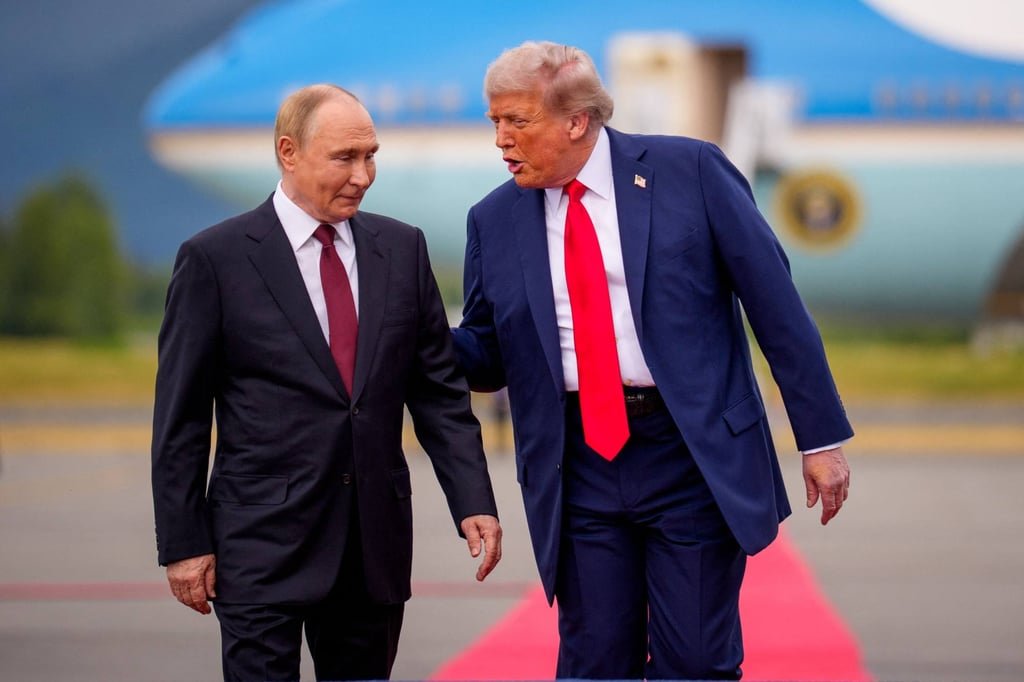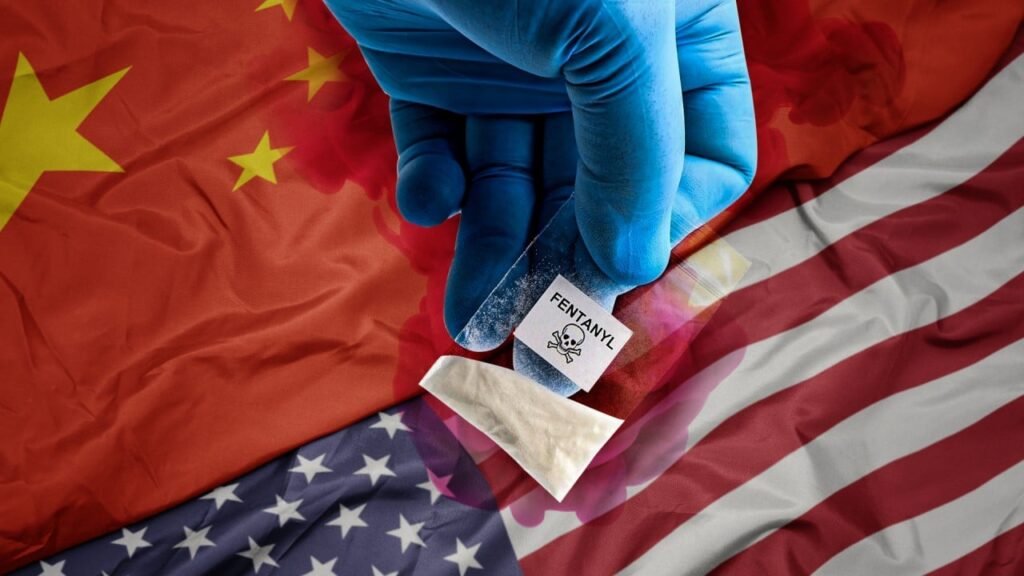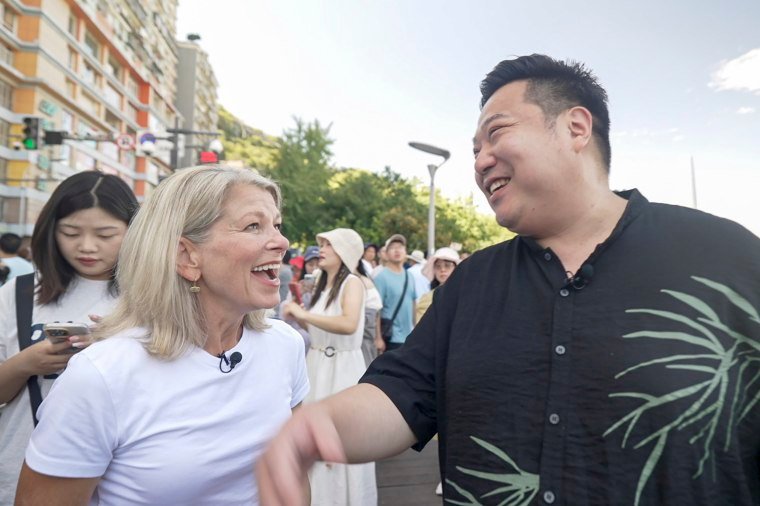China is tightening its grip on foreign telecom suppliers by restricting the use of Nokia and Ericsson equipment as it pushes to build more independent technology networks and lessen exposure to Western influence. The matter was reported by the Financial Times [paywall].
People familiar with the matter told the publication that state-backed buyers – including mobile operators, utilities, and other industries – have started examining foreign bids more closely. Contracts from Sweden’s Ericsson and Finland’s Nokia now undergo strict “black box” security checks by the Cyberspace Administration of China (CAC), with vendors given no insight into how their equipment is evaluated.
The CAC is one of China’s most powerful tech regulators, and reviews can take three months or more. Even when or if approval eventually comes, delays and uncertainty put European vendors at a disadvantage compared to Chinese suppliers, which face no equivalent process.
“If China is doing this for national security reasons, the question is why Europe does not reciprocate by applying the same standard,” a person close to the matter said.
Beijing’s approach mirrors actions taken in Europe, where some governments have warned against working with Huawei and ZTE. But these warnings have only slightly reduced the Chinese companies’ market share on the continent.
China’s national security reviews come amid Xi’s broader campaign for technological self-reliance. At a summit with Russia’s Vladimir Putin and North Korea’s Kim Jong Un last month, Xi declared that China “does not fear power or coercion,” and will “stand strongly on its own with self-reliance.”
Tightening began after a 2022 update to China’s cybersecurity laws, which require operators of “important information infrastructure” to submit any purchases considered security risks to the CAC for approval. Foreign bidders must now provide detailed information about every component in their systems, detail local content, and, in some cases, their China-based R&D activities in order to support their bids. The CAC reviews submissions and tells state-owned buyers whether or not they may proceed with any deal.
The shift has sharply reduced European telecom vendors’ presence in China. Nokia and Ericsson’s combined market share in China’s mobile networks dropped to about 4% last year, down from 12% in 2020, according to Dell’Oro Group analyst Stefan Pongratz. Both companies have reported declining revenue from China, with Nokia’s local sales falling by double digits since 2023.
“It’s so slow that even the breadcrumbs of market share [European companies] get from major tenders are often shifted to Chinese vendors,” one person said.
The EU Chamber of Commerce in China has described localisation rules in IT and telecom as an “existential threat” to European firms. In a recent survey, nearly three-quarters of respondents said they had lost business because of the restrictions.
European policymakers have raised their own security concerns about Huawei and ZTE, pointing to espionage and backdoor risks. But most governments have moved cautiously, put off by the low cost of Chinese gear and concerns over economic retaliation.
Five years after the European Commission urged member states to restrict high-risk suppliers, only 10 of the EU’s 27 countries had introduced such measures by June 2025, according to Cullen International. Huawei and ZTE still hold 30 – 35% of the European mobile infrastructure market, only slightly lower than in 2020.
Germany remains heavily dependent on Chinese vendors. About 59% of its installed 5G equipment comes from Chinese companies, according to John Strand of Strand Consult. While Germany plans to phase out high-risk vendors by 2029, powerful industrial sectors have resisted rapid change.
“All the mobile network equipment in Berlin is Chinese,” Strand said. “Germany has big industries like chemicals and cars that don’t want relations with China to be hurt.”
China’s telecom policy is part of a broader effort to decouple from Western technology. The country is accelerating investments in domestic semiconductor production to reduce reliance on foreign chips, particularly as geopolitical tensions and export controls reshape global supply chains. The self-reliance strategy extends beyond chips to advanced networking, software, and industrial technologies.
Decoupling could also affect future network development. With both China and Western countries pursuing their own approaches to 6G, the next generation of wireless technology may end up divided into competing ecosystems, complicating international standards and interoperability.
In Europe, policymakers face pressure to close the gap between security concerns and policy. Some countries have started making moves accordingly. According to Reuters, Spain recently cancelled a contract with Telefónica that relied on Huawei gear, citing its national digital strategy and security priorities. But on much of the continent, cost considerations and political caution continue to slow the pace of vendor change.
China, meanwhile, is using its own market power to accelerate domestic adoption and limit foreign influence. For European vendors like Nokia and Ericsson, that means their already-narrow foothold in China’s telecom sector is shrinking further – and future network battles may be fought on ground more divided than ever.
(Photo by wu yi)
Want to discover how IoT is transforming telecoms and connectivity? Join the IoT Tech Expo in Amsterdam, California, and London. Explore how innovations in 5G, edge computing, and IoT are shaping the future of networks and services. The event is part of TechEx and co-located with other leading technology conferences. Click here for more information.
Telecoms News is powered by TechForge Media. Explore other upcoming enterprise technology events and webinars here.








